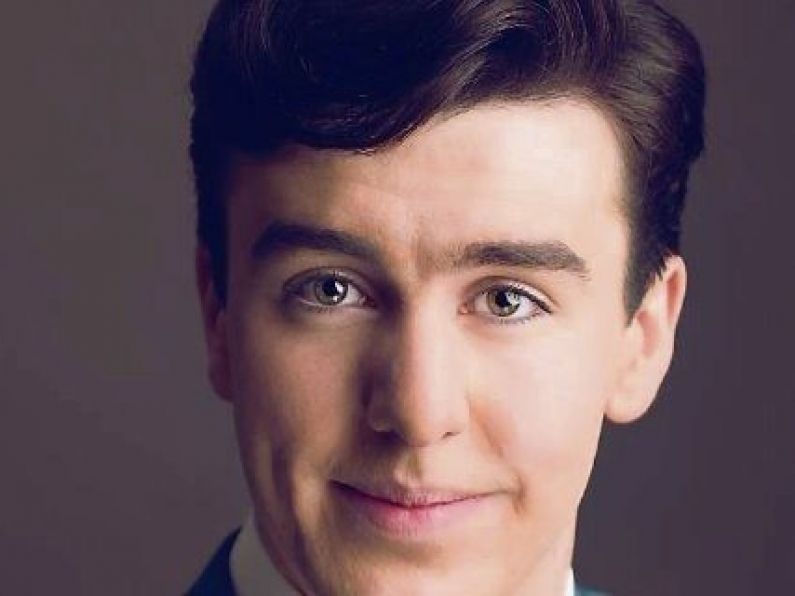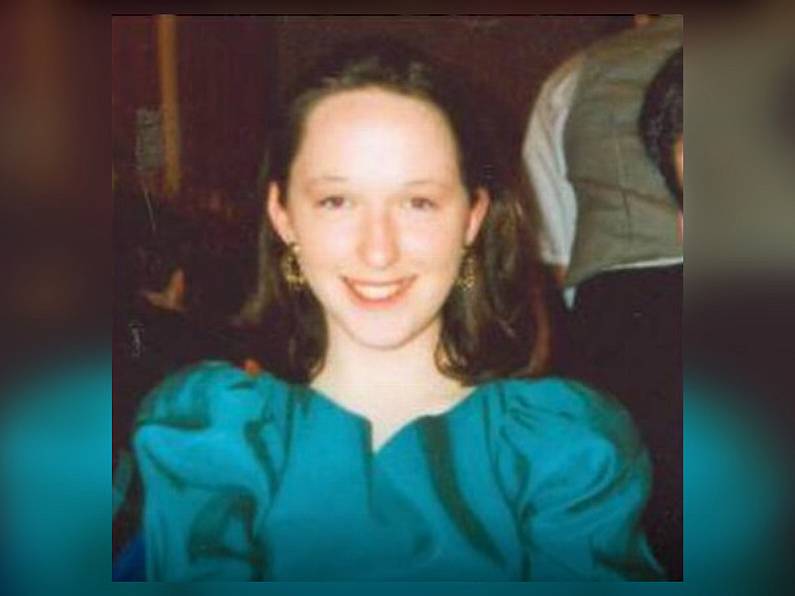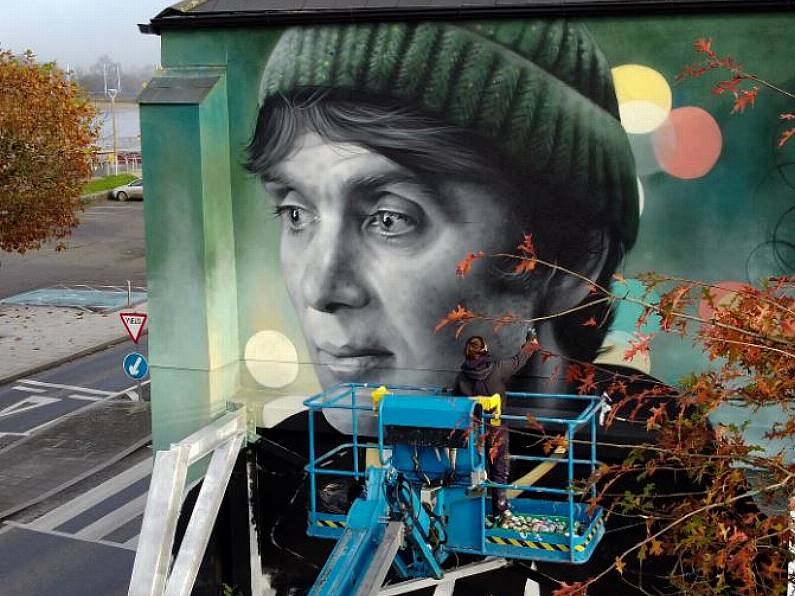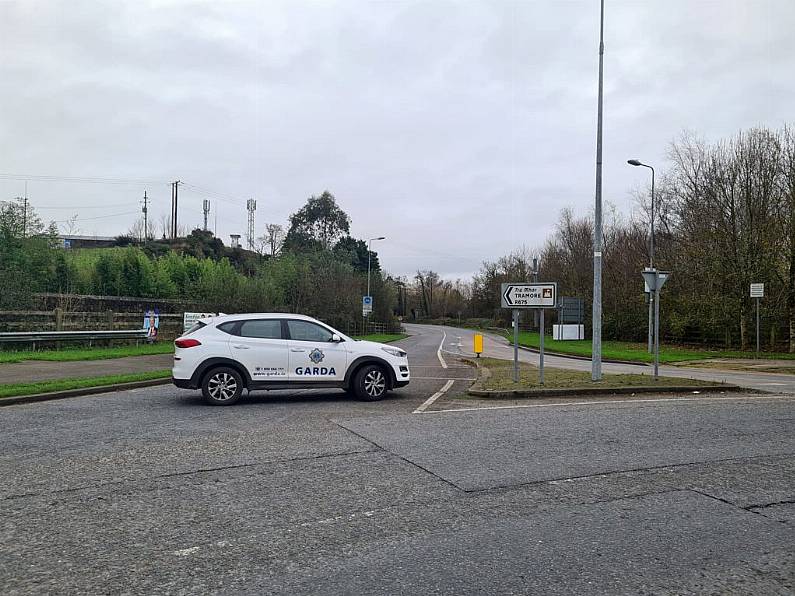Comedian Al Porter has walked free from court after a charge for sexually assaulting a young man at a Dublin venue was dropped today.
The 26-year-old, who was charged under his real name, Alan Kavanagh, had denied the allegations.
The former Today FM broadcaster and TV3 Blind Date host faced his third appearance at Dublin District Court today which heard that the Director of Public Prosecutions (DPP) was withdrawing the case.
He had been accused of a sexual assault in 2016 in Dublin. No reason was given publicly for the decision to drop the case.
Speaking to reporters after the case, he said: "For two long and very anxious years I cooperated and I have respected the legal process.
"Just to say, i was completely in agreement with waiving anonymity today even before I knew that the DPP had made their decision to withdraw the charge because I have always denied any wrongdoing whatsoever in this case.
"That's all I have to say now, thank you."
Flanked by supporters on the steps of the court, he also thanked his friends, family, and his solicitors Aoife Corridon and Michael Staines for their support.
Judge John Hughes acceded to an application from media organisations to change an order made by another judge in August which had prevented journalists from naming the entertainer.
He stressed that nothing must be published that would lead to the identification of the former complainant.
He held that the Mr Kavanagh, who is from Tallaght but has an address in Ballsbridge in Dublin, did not have a legal right to anonymity in this case.
He could be named but the location and date on the charge should not be published or transmitted, he ruled. Counsel for various media consented.
When the case was called Diarmuid Collins for the DPP said: “The position is that the prosecution is not proceeding any further, I am asking the court to strike out the charge before the court.”
Judge John Hughes acceded and struck out the case.
Porter, surrounded by family members in court, remained silent during the hearing.
Shane English BL continued an application which had commenced on day two of the case, in October, for the order to be lifted in relation to the naming of the defendant.
He was instructed by RTE, Independent News and Media, the Irish Daily Star, The Irish Times, Irish Daily Mail, Irish Examiner, Irish Sun and the Sunday Times.
Defence solicitor Michael Staines said he was neutral on the issue but the naming of the accused might allow the ex-complainant to be identified.
Mr English also pointed out that correspondence from the former complainant showed he had no difficulty with the accused being identified.
In October, Judge Hughes had asked for his views to be canvassed.
The gag order imposed in August by then presiding Judge John O'Leary had been challenged from the outset of the proceedings, first by journalists covering the case and subsequently by media lawyers.
Finalising the case today, Judge Hughes said criminal cases featured a vortex of competing rights such as the statutory right for the complainant. The media also had a the constitutional right in relation to the administration of justice in public.
He referred to case law which stated that there was a manifest public right to know about court proceedings and the media acted "as the eyes and ears for ordinary citizens".
He also stressed that all defendants enjoyed the presumption of innocence, which was of crucial significance.
The DPP has directed “summary disposal on a guilty plea”. A summary disposal case means it should stay at the district court level.
Mr Staines had told the court in October that his client was pleading not guilty meaning if the case proceeded he would have faced trial before a judge and jury at Dublin Circuit Criminal Court.
The media’s barrister had submitted on October 9 that the purpose of the legislation in a sexual assault case was to prohibit identification of the complaint and “not protection of the accused”.
His clients, as a matter of law, were entitled to publish the accused’s name and he did not see how it was likely the complainant could be identified as a result, he submitted.
He argued that the order made by Judge John O’Leary on August 21, “ought properly to be set aside”. The DPP agreed.
Defence solicitor Michael Staines had said it was none of his business and his client had not sought the order for anonymity. He added, however, as an officer of the court he was concerned there was risk naming his client could identify the alleged victim.
Mr Collins, for DPP, had said there was no nexus between the complainant and the accused and the order was not necessary.
He proposed today that the media should not name the location or give the date of the offence to protect the rights of the former complainant.
Judge Hughes incorporated that into his order and also said that while the case may lead to negative comment on social media, this was not a court of public opinion; social media was not considered a publication but it still had responsibility in publishing content.
The case was held in camera meaning the public were excluded and only parties connected toe the case, Gardaí, lawyers, media and some relatives of the accused were also permitted to stay.






